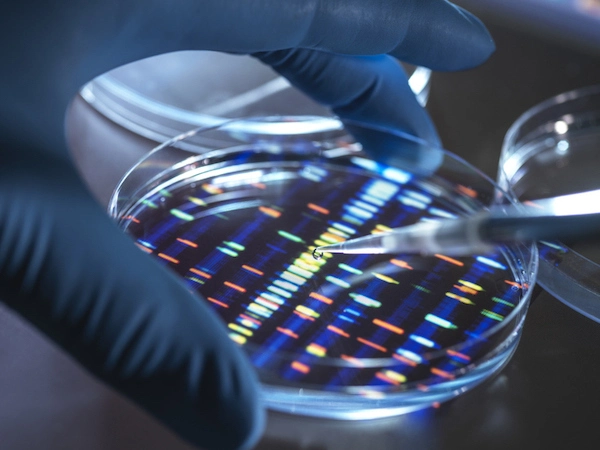Different individual health and susceptibility to different diseases come highly due to genetic factors. This paper addresses the role of genetics on bringing health or illed health, genetic factors that determine or influence vulnerability to different diseases, the role of genetic testing or genotyping, and, finally, personalized medicine.
Genetic Influences on Health
Genetic Predisposition: The Genetic Predisposition is the increased risk for some disease or condition if a person is known to have a genetic makeup toward it. Such conditions may include heart disease, cancer, and diabetes.
Genetic Mutations − Genetic mutations are aberrations in DNA that may lead to diseases by themselves or increase the vulnerability to certain diseases. Some are inherited, while others occur de novo. Genetic mutations are used both to determine and manage genetic diseases.
Gene-Environment Interactions: Genetic susceptibility can interact with these and other environmental– and lifestyle-related metabolic conditions. For example, a person may be vulnerable to heart disease or genetically disposed; however, lifestyle and dietary choices will influence his or her heart disease risk.
Genetic Testing and Its Applications
Predictive Testing: Predictive genetic testing evaluates the risk of developing a disease, based on the genetic predisposition. Such testing would allow informed choice regarding taking lifestyle measures and preventive action.
Diagnostic Testing: Diagnostic genetic testing is used for those who are symptomatic or present with a family history of genetic disease. A correct diagnosis would form a guide-line for therapy and measures to be taken for management.
Testing for the carrier: a test to identify genetic mutations that, if present in the blood, can be passed down to their offsibling gives much-needed information for family planning, and risk from the genetic disorder may be evaluated regarding the offspring.
Pharmacogenomics: This is the research into the influence of genetic variations on the body’s response to medications. Data on the patient’s genetic makeup, through approaches related to personalized medicine, can be used in prescribing drugs and increasing the efficiency of therapeutic methods.
Challenges and Considerations
Ethical and Privacy Issues: Several ethical and privacy issues related to genetic testing involve consent concerns, confidentiality maintenance, and misuse leading to discrimination. Personal sensitivities need to be paid to effective informed consent and the protection of genetic information.
Access to Genetic Services: Issues like the cost related to genetic testing and counseling, geographical locations of genetic service providers, and availability and coverage offered through insurance may not limit easy access to genetic services. These barriers need to be removed for the possibility of equitable use of genetic services.
Interpretation of the Results: Interpretation of the results of genetic tests is often not straightforward and may require expertise in some cases. Genetic counseling would aid in the understanding of the implications of the results and in decisions the person might make in regard to their health.
It is further estimated that genetics makes up a giant portion of health and disease and influences an individual’s risk for a number of conditions, guiding approaches to personalized medicine. Having information regarding one’s genetic predisposition, when utilizing genetic testing, and overcoming some of the ethical and access-related challenges, will be done by the public and health professionals to make informed decisions and promote health outcomes. Personalizing health strategies, in regard to genetics, can improve the prevention, diagnosis, and treatment of diseases.








